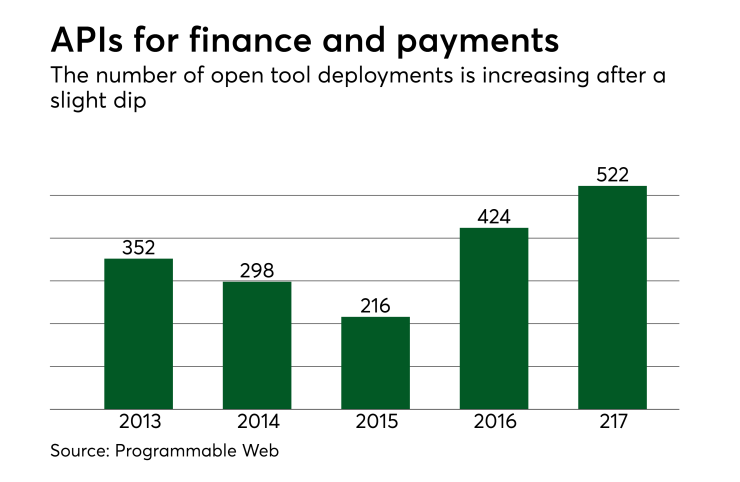When placing a phone call, no one stops to consider whether they’re on a different carrier’s network than the person they’re calling. It doesn’t matter; the call will go through regardless. Similar to wireless networks, payments are sent and received across different platforms, so shouldn’t the process be just as easy?
Payment processes that make instant and secure transactions already exist—and consumers use them every day. However, businesses often face challenges posed by compatibility issues and technology expenses that can delay their adoption of a fully digital payments system. API technology enables any two systems to communicate with each other regardless of the hardware or platform used, removing adoption constraints.
A cash management system that incorporates APIs can drastically reduce the need for staff members to spend time inputting, authenticating and authorizing invoices. The technology transforms a multistep undertaking into one-click processing that eliminates duplicate actions and releases remittances within minutes. Essentially, the interoperability of the technology delivers maximum compatibility.

By turning compatibility into a nonissue, APIs help enable open banking, which has the potential to offer core banking services such as payment initiation or account balances through APIs. They also enable sensitive data to flow securely among banks and directly to clients. However, since only authorized parties have access to this information, APIs create full transparency within a closed system. Not only does this reduce costs and maximize efficiency, it improves the security of information.
Security and ease of payment are important as companies increasingly leverage digital methods to make payments and get paid. Open banking ensures minimal-to-no waiting time in a transaction; there’s also no need to exchange bank account numbers or store other people’s sensitive data. Companies switching to this type of solution will be better positioned to keep pace with the transition to real-time payments.
Open banking leads to more than reduced operational expenses and increased efficiency; it also enhances the customer experience. Benefits of open banking include: Managers achieve a real-time view of treasury data for more accurate planning; payments clear faster compared to traditional paper checks; information is more easily and deeply integrated into front- and back-office platforms.





